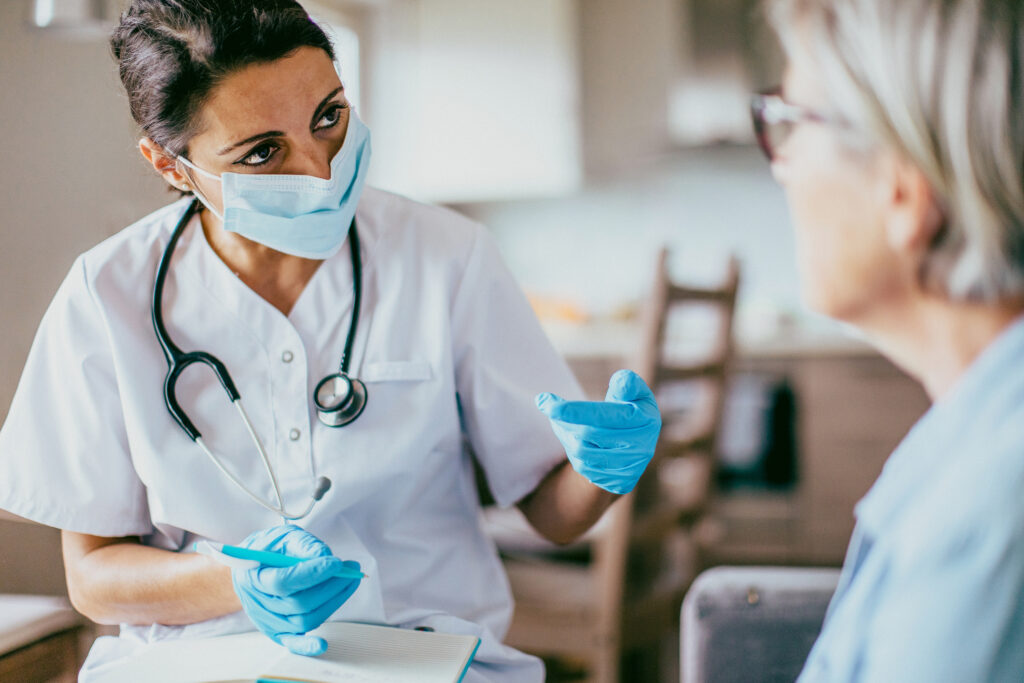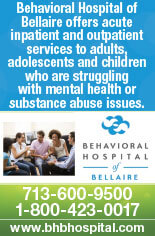
By Tom Florence, EVP at Merritt Hawkins
Since the COVID-19 virus began its rapid spread across the U.S. healthcare professionals have been tirelessly working and caring for patients, risking their own health and even their lives each day they walk through the hospitals’ and doctors offices’ doors.
When constantly looking out for others, it can be easy to neglect the importance of taking care of oneself. However, self-care is an essential practice for all individuals, particularly for those who are being exposed to the coronavirus and seeing the significant and sometimes fatal impacts that it has had on countless individuals throughout the entire world.
While everyone responds to situations differently and has different methods of coping with stress and anxiety, below are options for healthcare workers to employ in order to practice self-care and help minimize the risks of burnout and mental and physical illnesses as a result of working through the COVID-19 pandemic.
Vocalize your feelings.
Don’t hesitate to talk with your coworkers or an on-site chaplain regarding how you are feeling. Caring for coronavirus patients and consistently facing the dangers it presents to you and to others can have a tremendous emotional impact on you and your well-being. It would also be wise to speak to a therapist, especially if you begin to experience “compassion fatigue,” in which your desire to provide care and help to others diminishes.
Participate in the hobbies and activities that you enjoy.
Exercising on a regular basis carries significant benefits and helps to improve an individual’s overall quality of life. Not only does it change your body, metabolism, heart, and spirits, but it also allows you to set aside specific time in your routine to focus on you.
Stay connected to the people in your life.
While socialization and spending time with loved ones may look different during this time, technology has made it possible for individuals to stay connected with their friends and family members when they are unable to see them in person. By regularly communicating with and connecting with others, health professionals reduce the risk of anxiety and depression. In fact, one study of social relationships and health found that connectedness leads to a variety of additional health benefits, while lack of social connection with others can lead to an increased risk of death.
Properly nourish your body.
When always focusing on patient care and not self-care, it can be rather easy for doctors and nurses to neglect proper eating and sleeping habits. However, in order to be capable of providing the best care possible for their patients, healthcare providers must make sure that they are sustaining their energy with healthy diets and adequate sleep (at least 7 hours). Additionally, making concerted efforts to drink water throughout the day is essential, as well. Staying hydrated not only benefits an individual’s physical health, but it also helps to improve cognitive abilities.
Take time for yourself.
Whether it’s meditation, a brief walk outside, or a number of other methods, taking time to escape the stressful environment within a COVID-19 hospital setting is imperative for the mental and emotional well-being of healthcare professionals. Doing so allows time for processing your thoughts and feelings and gives your mind a chance to reset, which will ultimately help you focus and maintain your concentration better when you are back at work.
Remember that it is difficult to effectively help others if you are not mentally and physically well yourself. Monitoring your own self-care habits will help to ensure that you are in the best condition to help those who need care most during the global pandemic.







